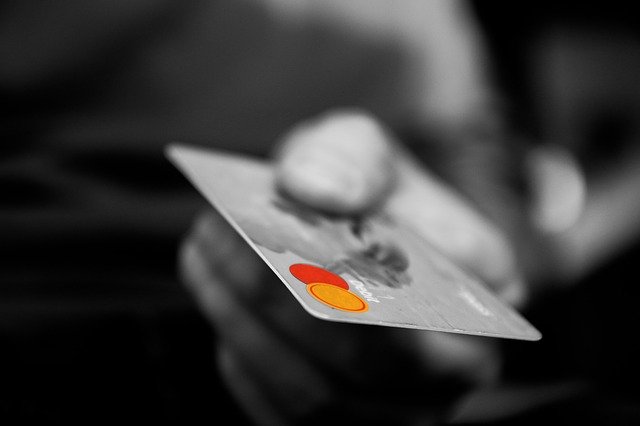A good credit score is an important component of a healthy financial situation. Increasing your credit score will give you access to credit lines with lower fees and will help you qualify for a mortgage when you’re ready to buy a home.
Your business credit score is similar to the way personal credit scores work, but the impact of a bad business credit score isn’t as significant as a bad personal credit score. You can have a bad credit score and still achieve growth with your business!
Which Factors Impact Your Business Credit Score?
Let’s take a closer look at the different factors that impact your business credit score:
- Paying off your bills on time and making business loan payments on time will improve your score. You can lose points if you’re late on these payments.
- Your personal credit score can impact your business core. Young entrepreneurs with a limited personal credit history, or a high credit utilization rate due to a mortgage or other forms of date often result in a low business credit score.
- A limited credit history for your business can lower your score. It takes time to build your credit history.
- Your credit utilization rate matters. It’s hard to launch a business without borrowing money, which means that most new businesses have a high credit utilization rate due to a high loan balance and limited amount of credit available.
- Your business structure, size, and industry can impact your credit score. Some industries are perceived as riskier than others, and small businesses typically carry higher risks.
- A bad credit score is something that lenders expect when dealing with new businesses or businesses in industries considered as risky.
Bad Credit Doesn’t Limit Growth
A bad business credit score is going to make obtaining a traditional business loan more difficult. The truth is that a majority of businesses don’t qualify for traditional loans offered by banks, either because of their credit score or for other reasons.
You might be able to get a traditional business loan even though you have a bad credit score if you can get a co-signer who has a better credit score. Using your equipment or another asset as collateral can also make a difference.
Other Financing Options To Explore
Traditional business loans aren’t the only way of securing financing for your business. It’s difficult to qualify for a traditional loan, which means there is a strong demand for other financing products, and you can easily find financing adapted to your needs and budget.
Here are some alternatives to explore if you don’t have a good business credit score yet:
- The Small Business Administration offers loans that are backed by the government. There is a time-consuming application process, and you have to meet specific requirements, but lenders will see the loan as low-risk since it’s backed by the government.
- You can find specialized loans designed to help you purchase real estate or equipment and use these assets as collateral.
- If you need short-term financing, a business line of credit could be worth looking into. It’s a flexible option that is similar to the way credit cards work.
- You can borrow money and use invoices as collateral with invoice financing.
- Invoice factoring is another option that allows you to sell your invoices and get an advance on your future cash flow. According to altLINE, a leading factoring company, it does not significantly impact your credit either.
- A merchant cash advance gives you the possibility of borrowing against future credit and debit card sales.
- A lot of businesses are launching successful crowdfunding campaigns online.
A limited credit history and bad credit score are fairly normal for new businesses. You will build your credit score as you grow and manage financing and payments. Most businesses use a combination of the methods mentioned above. Ask yourself which ones make the most sense for you!



